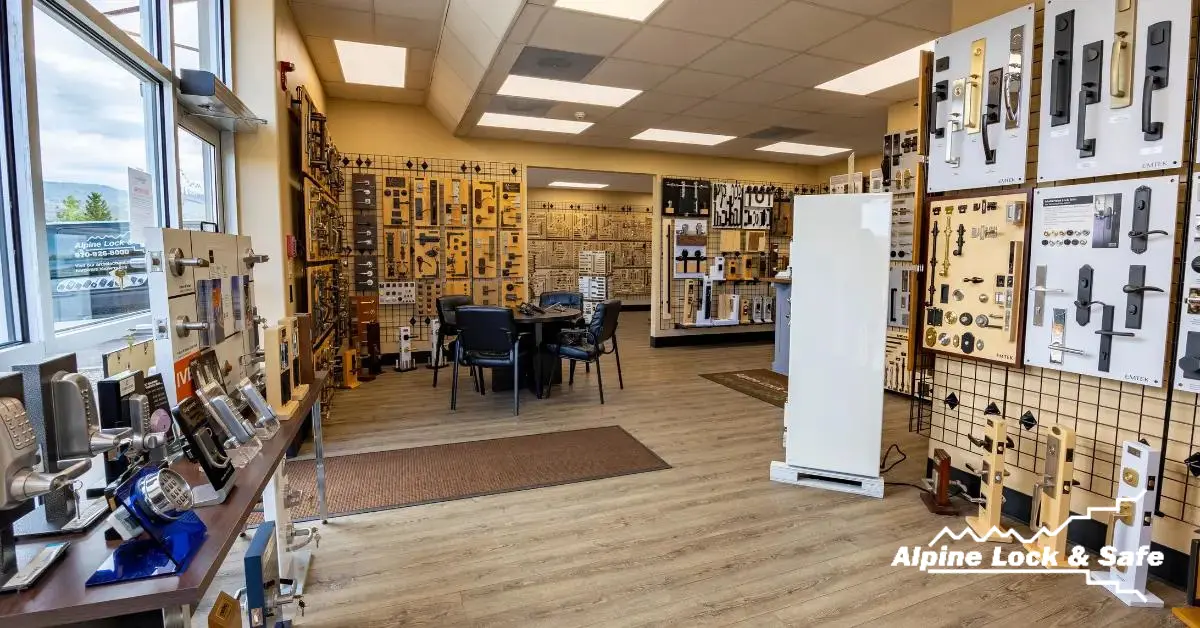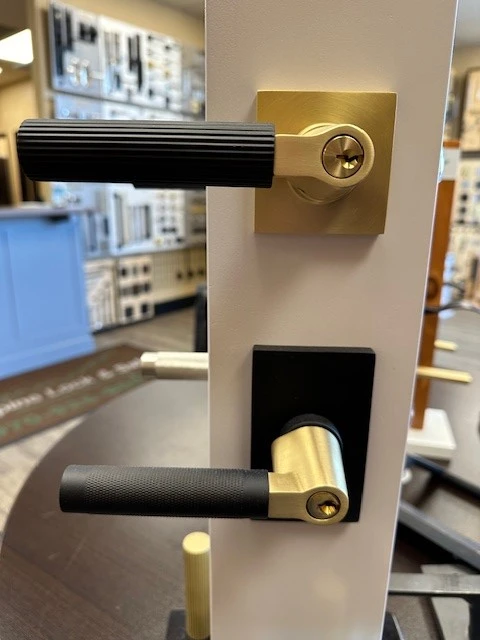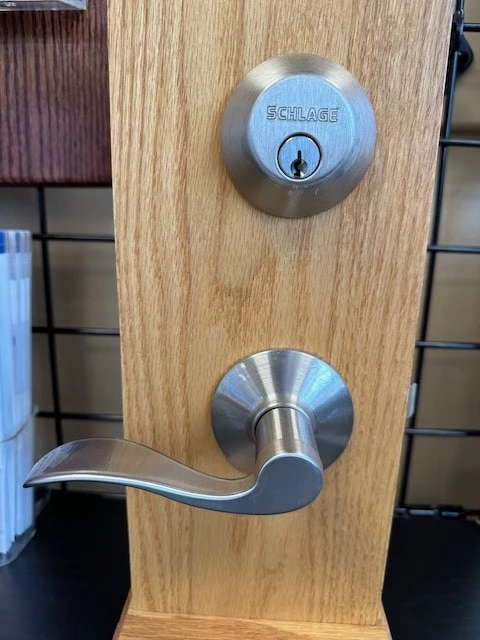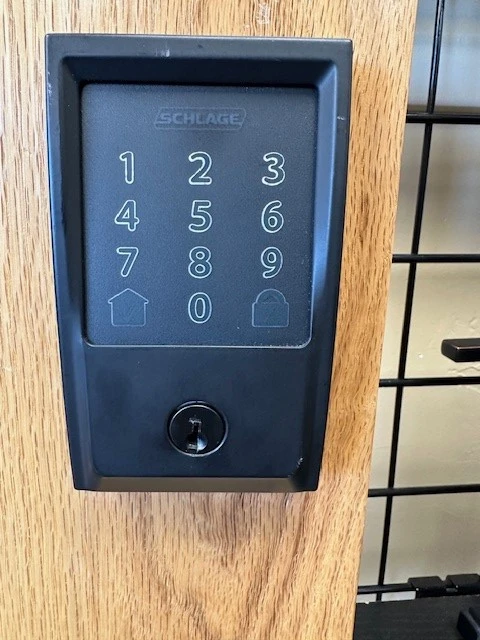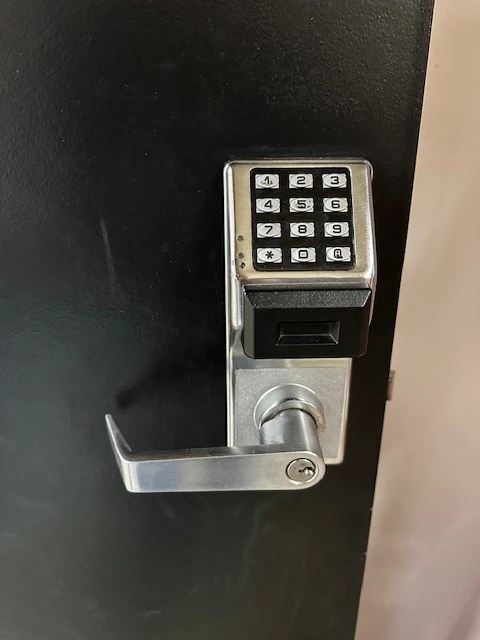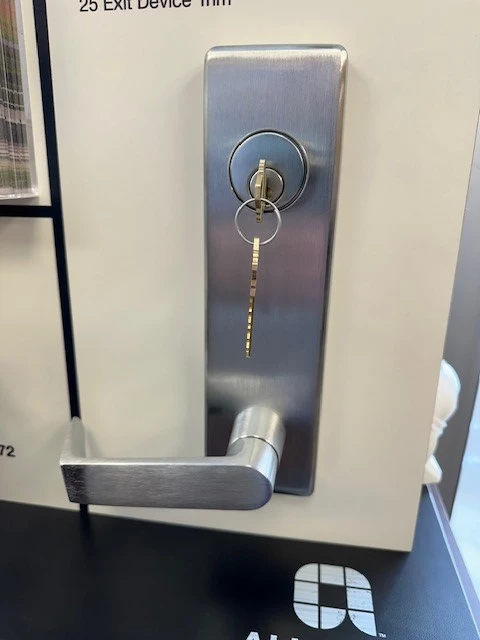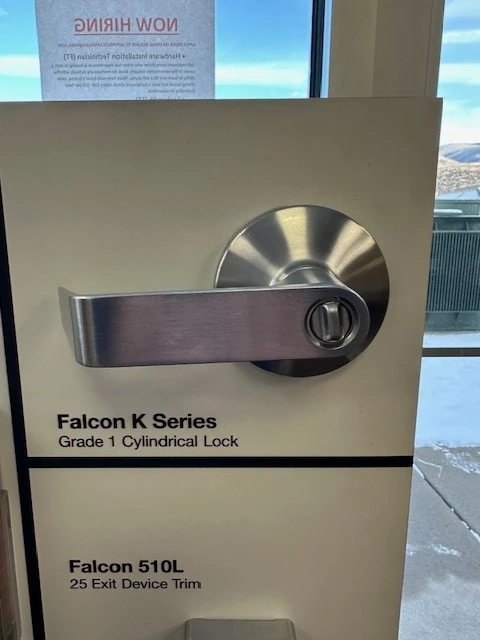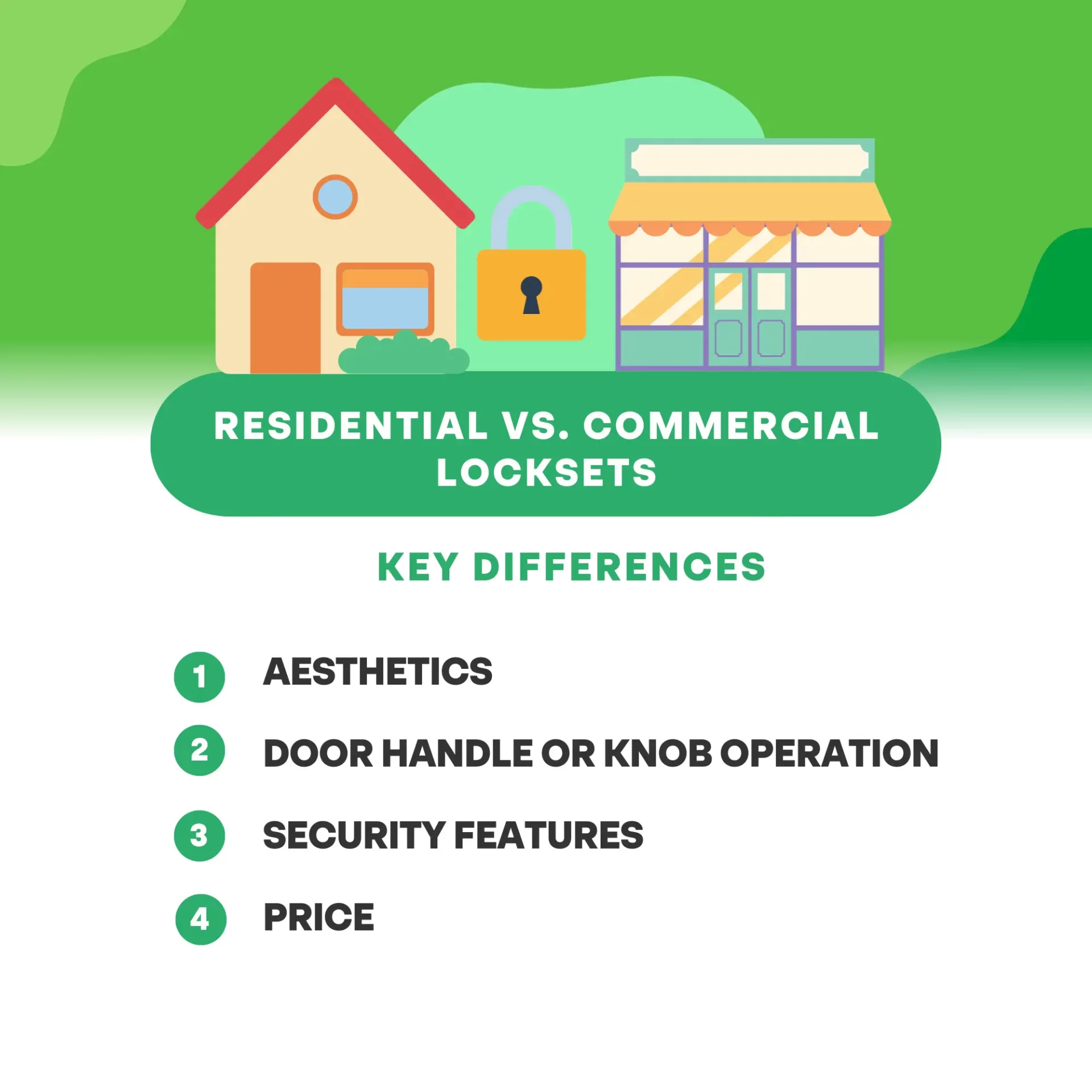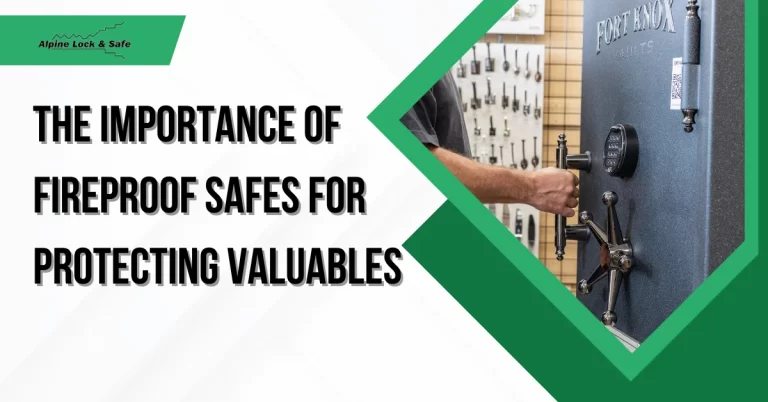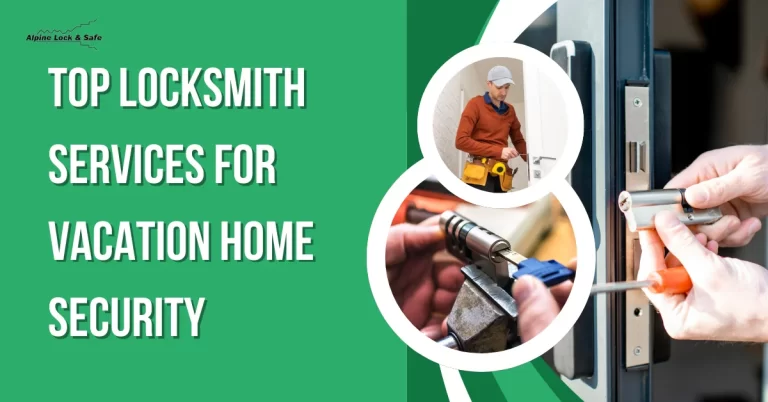Locksets are essential components of any door, providing security and access control. However, not all locksets are created equal. They vary in design, functionality, and security features to meet the specific requirements of different types of doors. There are distinct differences between locksets designed for residential and commercial doors.
In this blog post, we will discuss residential vs. commercial locksets, exploring aspects such as durability, security levels, usage frequency, and design complexity. Understanding these differences is crucial when selecting the right lockset for your needs, whether you’re securing a home or a business.
What Are Residential Locksets?
Before proceeding with the discussion of residential vs. commercial locksets, residential locksets should first be defined. These are locksets frequently ordered by homes and other residential properties.
Residential doors are primarily for privacy and protection of personal belongings. Their respective locksets are relatively simpler than their commercial counterparts. These locksets are available in various styles and finishes to match the home’s overall design. They often feature decorative elements like ornate knobs, handles, and backplates. While some offer advanced security features, such as keyless entry or smart technology integration, most typically rely on traditional key and lock mechanisms.
What Are Commercial Locksets?
Commercial locksets are engineered to meet the higher standards of security and durability required in non-residential settings. These locksets are commonly used in commercial buildings, including offices, retail stores, and industrial facilities. Unlike residential locksets, they primarily focus on functionality and protection rather than style and aesthetics.
These come in various grades, each offering different levels of security:
Grade 1
It provides the highest level of security. It has features like resistance to tampering and forced entry. These can be found in banks, financial organizations, and government buildings.
Grade 2
These are used by regular businesses and commercial buildings.
Grade 3
This is the lowest grade. Homeowners who require a higher-than-normal security feature use this grade.
Residential vs. Commercial Locksets: Key Differences
Residential and commercial locksets differ in design and functionality due to their distinct purposes. Here are the key differences:
1. Aesthetics
Residential locksets emphasize aesthetics and are available in various decorative styles and finishes to complement the home’s overall design. In contrast, commercial locksets have a more utilitarian appearance, focusing on functionality rather than decorative features.
2. Door Handle or Knob Operation
The operation of the door handle or knob differs between the two lockset types. Residential locksets mainly use a simple knob or lever for easy and quick access. Sometimes, these locksets may have a separate deadbolt for enhanced security. On the other hand, commercial locksets often use a lever handle for ease of use, especially in buildings with high foot traffic.
3. Security Features
While both lockset types provide security, their security features differ significantly. Residential locksets typically have standard security features, including a basic cylinder and key mechanism. In contrast, commercial locksets offer enhanced security features, such as longer cylinders, anti-pick pins, and anti-drill plates, to withstand potential intrusions.
Commercial locksets, particularly those in higher security grades, may also have additional features like key control systems, which prevent unauthorized duplication of keys, and master keying options, allowing for multiple levels of access within a building.
4. Price
The price is another differentiating factor between the two lockset types. Residential locksets are generally more affordable than commercial ones because they focus on aesthetics and basic security. In contrast, commercial locksets are often more expensive due to their higher-grade security features and durability.
Choosing the Right Lockset for Your Property
Now that you know more about residential vs. commercial locksets, it is time to learn how to choose the right lockset for your property. When selecting a lockset for your property, it’s essential to consider the following:
1. Purpose
Determine whether the door is for residential or commercial use. Your lockset should align with the intended purpose, ensuring it meets your security requirements.
2. Desired Level of Security
Consider the desired level of security for the door. If it’s a residential property, evaluate the neighborhood’s safety and your specific security needs. For commercial doors, assess the type of business and the assets being protected.
3. Budget
Establish a budget for the lockset. While security is crucial, finding affordable options that meet the desired level of protection is still possible.
4. Building Codes and Regulations
For commercial doors, check local building codes and regulations. Some jurisdictions may have specific requirements for security hardware.
5. Quality
Lastly, consider the quality of the lockset. Investing in a reputable brand and well-built lockset ensures its durability and long-term performance.
Key Takeaway
Residential and commercial locksets differ significantly in design, functionality, and security features. Residential locksets prioritize aesthetics and ease of use, while commercial locksets focus on functionality, durability, and higher-grade security. When considering residential vs. commercial locksets for your home, it’s crucial to consider the door’s purpose, desired security level, budget, and quality requirements.
Fortify Your Property’s Security With First-Class Door Locksets!
For residential or commercial Frisco door hardware, Alpine Lock & Safe is the only one to trust. We offer a wide range of high-quality locksets designed to provide the utmost security for your property. Our locksmiths will be happy to guide you in selecting the right door hardware. Let us know your specific needs and budget. Give us a call or send a message.


